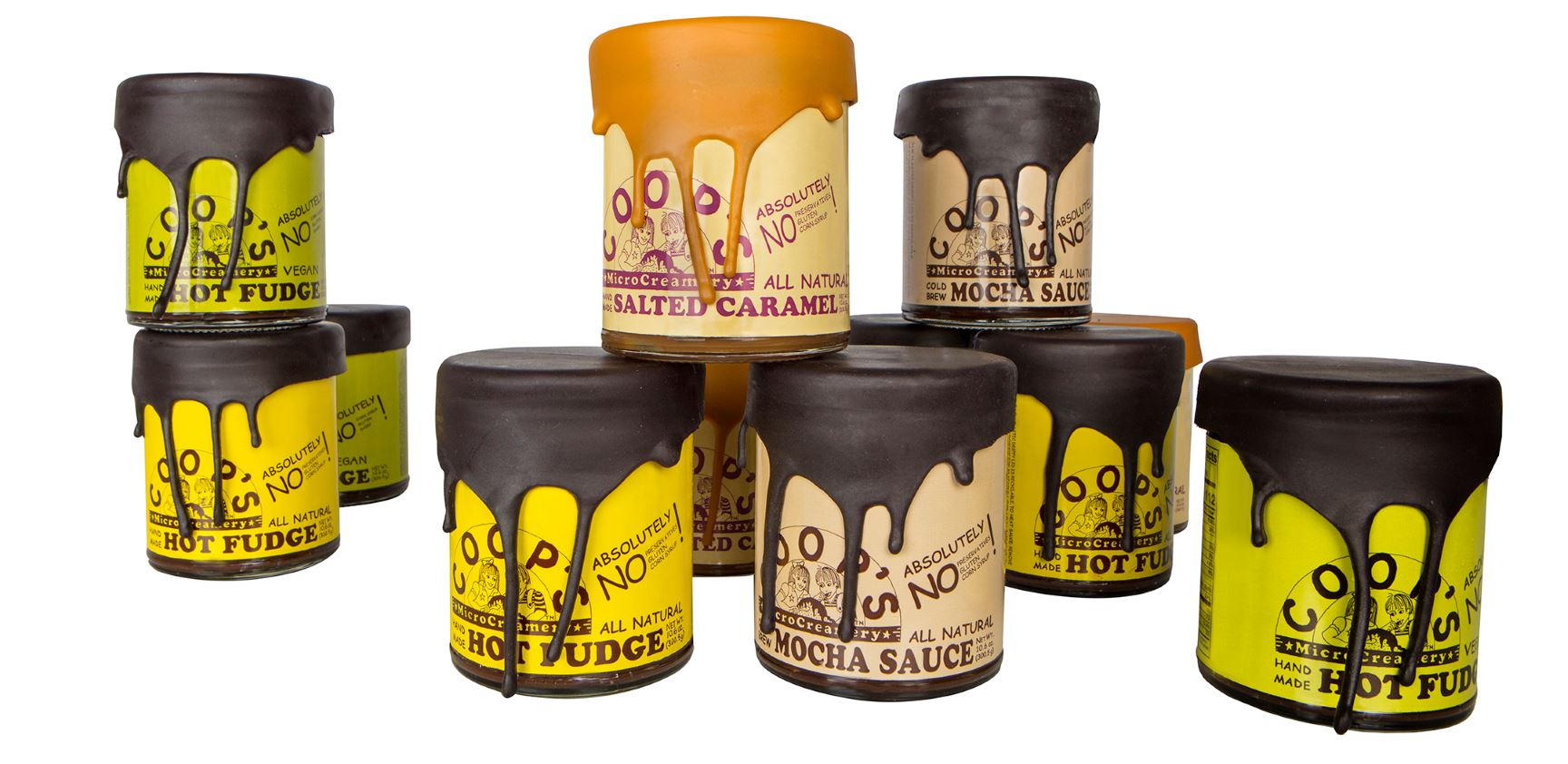Some specialty food makers are beating the labor crunch with unique business models that help keep their production lines moving.
Coop's MicroCreamery in South Boston, Massachusetts, has been working since 2016 with a local nonprofit called Project Place that helps disadvantaged people gain work experience. That talent pool has produced and packaged the company's artisan hot fudge products throughout the pandemic, other than when the plant shut down at the start of the outbreak for a brief period.
Coop's developed a program with Project Place called Working Opportunities for Women, or WOW, through which women who are either homeless or impoverished can work at the fudge-making facility for several months to gain employment experience in preparation for pursuing permanent careers.
“There have been a lot of success stories that have come out of it in the last five years,” said Marc Cooper, founder of Coop's MicroCreamery, which also produces a line of ice creams from a separate facility.
Coop's pays Project Place as a contract employer to staff the fudge plant, and Project Place in turn pays the employees. Project Place also trains and supervises the workers, some of whom have never had jobs before, to prepare them for the Coop's assignment. Women in the WOW program “do everything,” said Cooper, from actually making the fudge to packaging, and labeling. In the process, they also learn about things such as inventory management, sales and distribution.
They also have an opportunity to hone other skills, including teamwork and time management, which they will likely need to succeed at future jobs, as they also develop their self-confidence, which is “the most important thing,” according to a video posted by Project Place.
“They leave WOW ready for permanent employment, and a future of financial independence,” Project Place said in the video.
Cooper said that some of the women have criminal records, and having Coop's on their resumé can help them find permanent jobs despite that obstacle.
“This is a place where they prove they can show up on time, and be responsible employees,” he said.
Making hot fudge is relatively easy for the women to learn, said Cooper. While it takes several months to become adept at making ice cream, the WOW workers can learn the fudge-making process in just a few days.
Meanwhile, having the relationship with Project Place and the WOW program has helped Cooper avoid some of the employment challenges others in the industry have faced — including some of Coop's own ingredient suppliers, which have sometimes had to delay shipments because of a lack of workers.
Although Coop's had to halt production for three weeks when the company ran short of jars, staffing the facility has not been a problem during the pandemic, Cooper said. The company has transitioned to more part-time workers, however, as many of the women who work there have children to care for during the day or are working other jobs.
“It has definitely helped us to have had this program in place for the last five years,” said Cooper.
Related: Restaurants Tackle Labor Crunch With Tech, Operational Changes; Erewhon Earns B Corp Certification.

